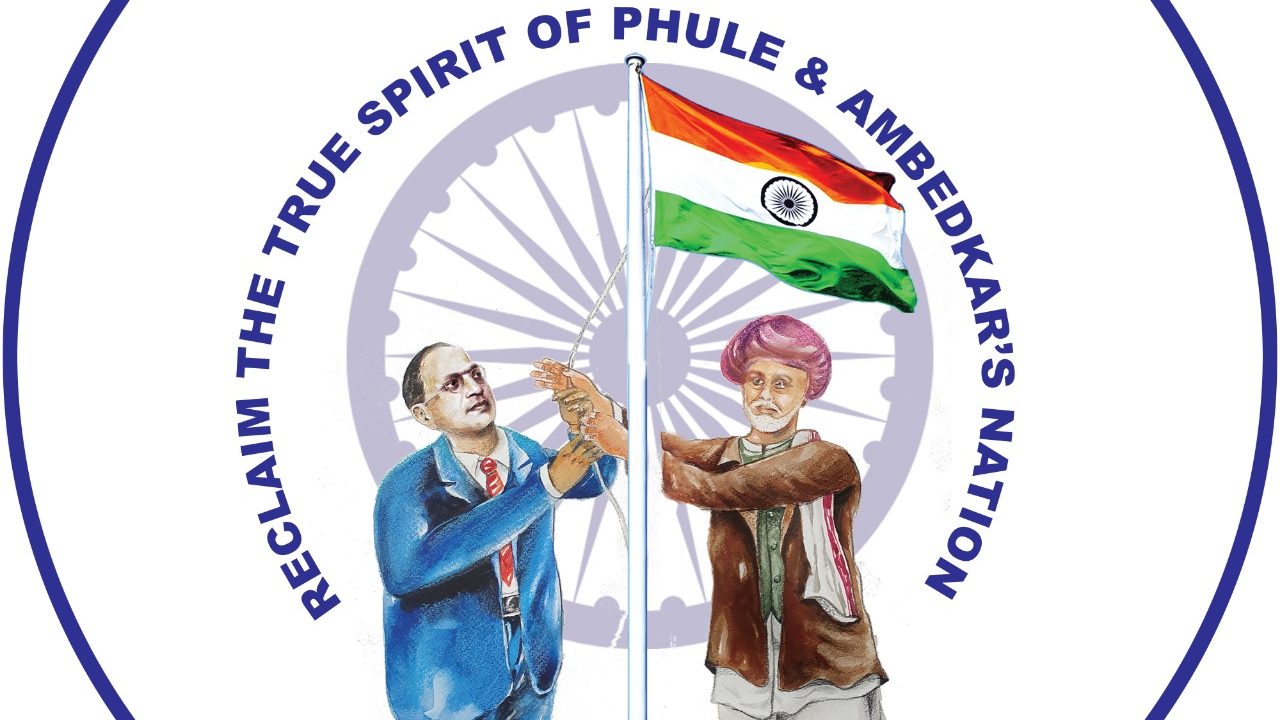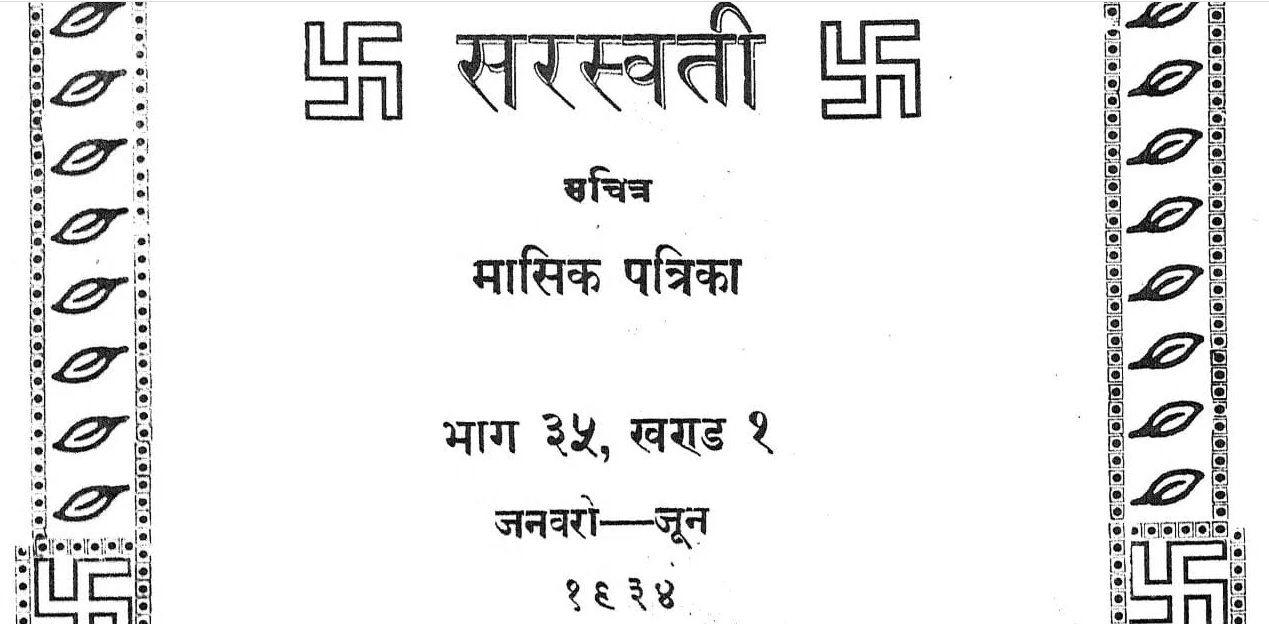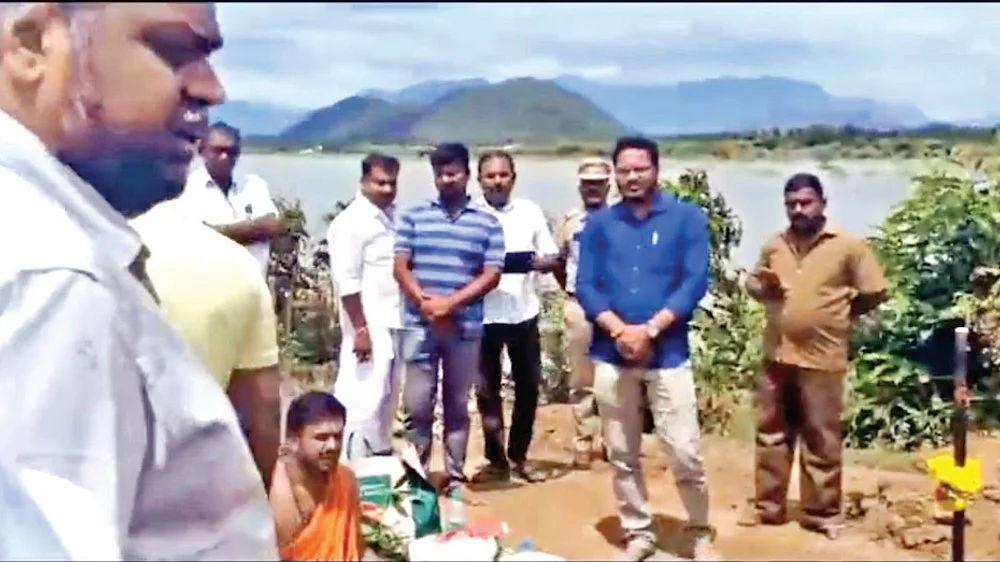Before Mahad Satyagraha and Manusmriti Dahan (25 December 1927) took place, Ambedkar harboured a faint hope that Hinduism could be reformed into an egalitarian religion with equal status for Dalits. It was with this objective that on 20 March 1927, he sipped water from the Chavdar tank to establish the right of the Dalits to access public sources of drinking water. In the aftermath of the symbolic assertion of this right, the Savarnas attacked Ambedkar and other Untouchables and “purified” the tank because the latter had “polluted” the water.
Ambedkar had marched to the Chavdar tank to demonstrate that the Dalits, being Hindus, enjoyed the same rights as their co-religionists. If there was a tank from which other Hindus and even animals could drink water, there was no reason why Dalits, who were a part of the Hindu community, could not do so. Ambedkar had termed the struggle for the right to drink water from Chavdar pond a religious battle. In an editorial published in Bahishkrit Bharat, he wrote, “Saying that the Untouchables marching to the Chavdar pond to drink water led to violence does not expose its real nature. The real nature of the violence was very different. Hence, it would be better to call it a religious battle, this is what we feel. As a component of the Hindu society, as followers of Hinduism, we have the same entitlements as other Hindu castes. The question is whether we have equal rights or not.” (Ambedkar’s editorials in Bahishkrit Bharat, published by Samyak Prakashan, p 22)

The issue was not of drinking water, but of whether as Hindus, the Untouchables (Dalits) had the same rights as other Hindus. This right was to be decisively addressed by drinking water from the Chavdar tank. Opposing this right by unleashing violence on Dalits and “purifying” the tank after the Dalits drank from it, the Savarnas amply proved that they were not at all willing to give equal rights to the Dalits, even though in theory they considered the Dalits as Hindus.
Referring to the character of the religious battle at Mahad, Ambedkar wrote, “Both the parties in the Mahad religious battle belonged to the same religion, that is Hinduism. Still, some Hindus created a ruckus just to prove to their co-religionists that they were lowly in social terms and their touch was polluting.” (Ambedkar’s editorials in Bahishkrit Bharat, published by Samyak Prakashan, p 22).
Ambedkar exposed the philosophical hypocrisy of Hinduism by comparing it with Christianity and Islam. He wrote, “Despite all this, social equity is visible in the Christian and the Muslim nations. But there is not a sign of it in Hinduism. In fact, Hindus block any attempts to bring about equity … They [Dalits] are not only unequal but are also polluting.” (ibid) In this context, he also dwelt on the relationship between religion and man. He wrote that religions exist for men, not the other way round. He seems to have concluded that they could lay down their lives for the sake of a religion which cares for them but why should they care for a religion (Hinduism) which does not care for them?
After having witnessed the real attitude of Hinduism towards the Dalits (Untouchables), Ambedkar decided to burn the Manusmriti which branded the Shudras as second-rate polluters and deprived them of rights despite being Hindus. Describing the burning of Manusmriti as a historic incident, Ambedkar’s biographer Dananjay Keer writes that 25 December 1927 was indeed a memorable day.
About two years after the Mahad Satyagraha and Manusmriti Dahan, on 2 March 1930, Ambedkar launched a satyagraha for Untouchables’ right to enter temples, most notably the Nasik (Kalaram) temple. But this, too, drew violent opposition from the Savarnas. Why did Ambedkar launch a temple-entry movement after failing to secure the right to drink from a public source of water? Ambedkar says he didn’t launch the temple-entry movement because he wanted the Dalits to become worshippers of idols which they were prevented from worshipping or because he believed temple entry would make them equal members in and an integral part of the Hindu society but only because he felt that was the best way of energizing the Dalits and making them conscious of their position. (Gail Omvedt, Ambedkar: Towards An Enlightened India, Penguin Books, p 54).
The failure of the Mahad and the Kalaram Temple Entry satyagrahas convinced Ambedkar that the foundation of Hinduism was inequality and that there was no way Dalits could hope to get equality within its fold. Amid his attempts (from 1920 to 1930) to reform Hinduism and to win equal rights for the Dalits, he wrote that he had long thought that he and other Dalits could rid the Hindu society of its evils and become part of it as equals. This hope spurred them on to launch the Mahad Chavdar Tank Satyagraha and the Kalaram Temple Entry Satyagraha. This was the objective behind burning the Manusmriti and performing mass-thread ceremonies. But now he was absolutely convinced that for the Dalits there could be no equality among the Hindus because the foundations of Hinduism rest on inequality.” (Christophe Jaffrelot, Bhimrao Ambedkar, Ek Jeevni, Rajkamal Prakashan, p 45).
After the failure of the two satyagrahas, Ambedkar was completely disillusioned with Hinduism. At a convention of the Dalits at Yeola on 12 October 1935 he moved a resolution, proposing to the tens of thousands of enthusiastic workers present there to convert to another religion. He said he was born a Hindu and he had been facing the scourge of untouchability, but he would not die a Hindu.” (Gail Omvedt, Ambedkar: Towards An Enlightened India, Penguin Books, p 57).
He reiterated his resolve in The Annihilation of Caste. Finally, on 14 October 1956, along with lakhs of followers, he quit Hinduism and embraced Buddhism. The 22 vows taken by Ambedkar and his followers while converting reflected his deep disillusionment with Hinduism.
(Translated from the original Hindi by Amrish Herdenia)
Forward Press also publishes books on Bahujan issues. Forward Press Books sheds light on the widespread problems as well as the finer aspects of Bahujan (Dalit, OBC, Adivasi, Nomadic, Pasmanda) society, culture, literature and politics. Contact us for a list of FP Books’ titles and to order. Mobile: +917827427311, Email: info@forwardmagazine.in)





